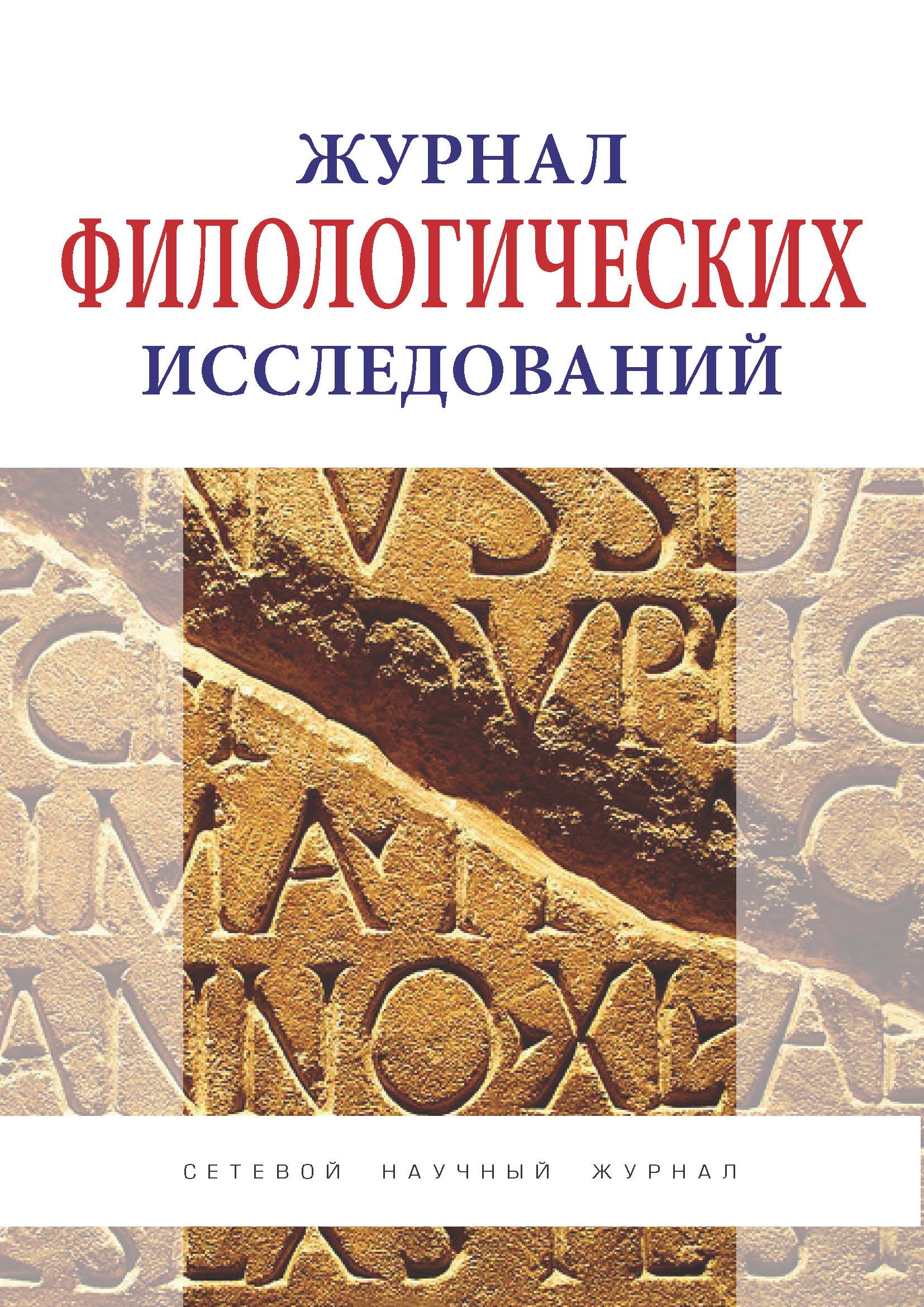from 01.01.2022 until now
Kemerovo, Kemerovo, Russian Federation
Kemerovo, Russian Federation
This article is devoted to the study of feminitives, understood in a narrow sense, i.e. as nouns denoting the roles of women in modern society, in German and Russian languages. In addition, the article also touches on the topic of translating feminitives from German into Russian. Due to the heterogeneity of word-formation models, the choice of an adequate lexeme may be difficult, the possibility of adapting the translation of feminitives for a wide range and the possibility of introducing translated feminitives into the everyday speech of Russian-speaking people is also being considered. The article discusses the concepts of «linguistic norm», «suffix», «word formation». The analysis of suffixes used for translation from German and directly translated words into Russian made it clear that the most used suffix for the designation of feminine persons is -in in German and -ka in Russian, and also allowed us to see which German suffixes necessary for the formation of feminitives correspond to the Russian suffixes used for the translation of these feminitives.
suffix, linguistic norm, feminitives (feminatives), word formation, types of word formation, translation.
1. Guseva M.I., Glyadkina T.Ya. Productive word-formation models in the youth vocabulary of German and Russian languages // Philological sciences. Questions of theory and practice. 2021. Vol. 14. No.4. pp. 1300-1305. DOI: https://doi.org/10.30853/phil210129; EDN: https://elibrary.ru/GJZCFH
2. Ilyasova, S.V., Pugacheva, E.V. Femininity: from lexical to word-formation // Philological class. 2022. No. 4 [Electronic resource]. URL: https://cyberleninka.ru/article/n/feminitivnost-ot-leksicheskoy-kslovoobrazovatelnoy (accessed: 11/15/2024) DOI: https://doi.org/10.51762/1FK-2022-27-04-05; EDN: https://elibrary.ru/GBMEQY
3. Linguistic corpus of Russian Internet texts Araneum Russicum Maximum // [Electronic resource]. URL: http://unesco.uniba.sk / (accessed: 10/30/2024)
4. Pipersky A.Ch. Feminitives in the Russian language: why they appeared, why they are needed and how they are formed // N + 1 Online edition. [electronic resource]. URL: https://nplus1.ru/material/2019/11/28/russian-feminitives (accessed: 10/30/2024)
5. Strelnikova N. D. The role of feminitives in communication practices yesterday and today // Scientific research and development. Modern communication studies. 2022. No. 2. pp. 40-46. DOI: https://doi.org/10.12737/2587-9103-2022-11-2-40-46 (accessed: 11/18/2024) EDN: https://elibrary.ru/VZFYQT
6. Fundamental electronic library: Dictionary of the Russian language (MAS) // [Electronic resource] URL: https://feb-web.ru/feb/mas/mas-abc/default.asp (accessed: 10/30/2024)
7. Fufaeva I.V. What are women called.- M.: Corpus, 2020.-304 p. EDN: https://elibrary.ru/NIGHIR
8. Shishigin K.A., Smirnova A.G. Word formation and semantics of Yiddish verbs with the oys prefix and their transfer to German, Ukrainian and Russian languages // Culture and Text. 2019. No.4 (39). pp. 177-193. EDN: https://elibrary.ru/RJLUTW
9. Yakovleva O.A., Evseeva E.Yu. Word-formation models of feminitives in the modern Russian literary language // Bulletin of the A.P. Chekhov Taganrog Institute. 2024. No. 1. pp. 51-55. EDN: https://elibrary.ru/OIXQEN






